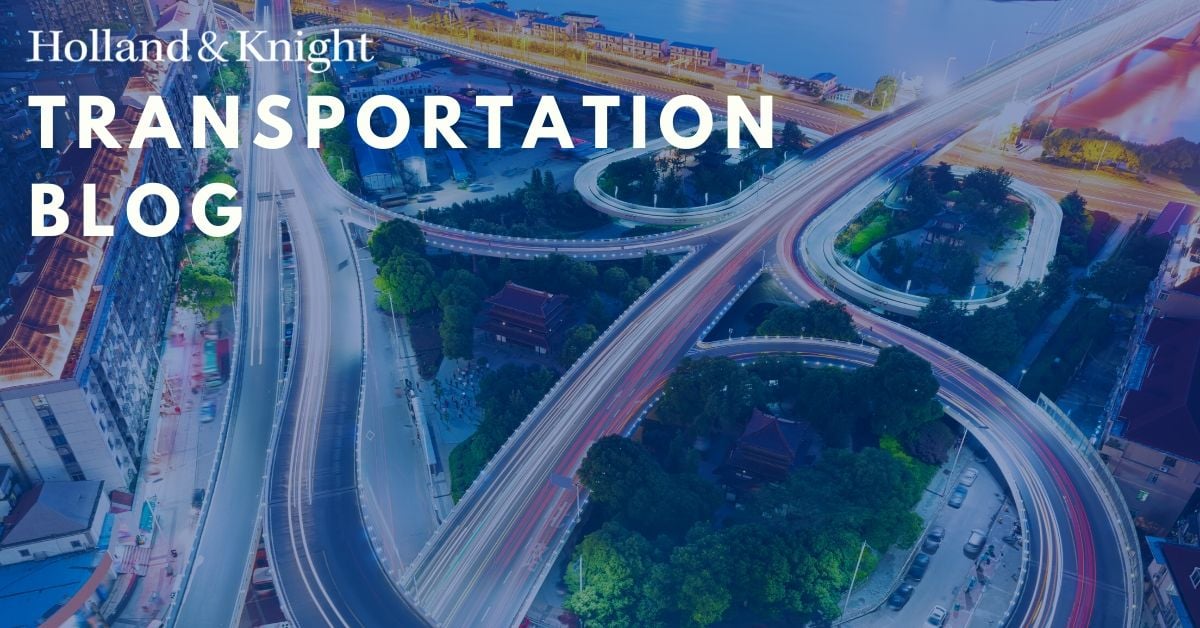Massachusetts Food Delivery Drivers Not Exempt From Arbitration

One issue that continues to be debated in state and federal courts is whether delivery drivers who deliver takeout food and other prepackaged goods from restaurants, delicatessens and convenience stores fall into the class of transportation workers who are exempt from arbitration under Section 1 of the Federal Arbitration Act (FAA), 9 U.S.C. § 1.
On July 27, 2022, the Massachusetts Supreme Judicial Court joined numerous courts that have addressed this question in concluding that delivery drivers are not exempt from arbitration. In Archer v. Grubhub, Inc., the Court held that former delivery drivers for Grubhub did not fit within the narrowly defined class of workers engaged in interstate commerce — e.g., railroad workers, seamen or other workers contemplated by Congress when enacting Section 1 of the FAA — because they transported goods that had already completed their interstate journey by the time the goods arrived at the restaurant, delicatessen or convenience store. Case No. SJC-13228, 2022 WL 2964639, at *5 (July 27, 2022).
In reaching this conclusion, the Court rejected the plaintiffs' argument that they are like Amazon "last-mile" delivery drivers, who the First Circuit Court of Appeals in Waithaka v. Amazon.com, Inc., 966 F.3d 10 (1st Cir. 2020) found were "engaged in interstate commerce" within the meaning of Section 1 of the FAA. The Supreme Judicial Court explained that the Grubhub drivers were different than the "last-mile" drivers at issue in Waithaka because "in the 'last-mile driver' cases, from the moment the goods entered 'the flow of interstate commerce,' the goods were always 'destined for' the customers to whom the last-mile drivers made deliveries." Id. (citing Waithaka, 966 F.3d at 13, 20). By contrast, "at the moment the goods at issue [in Grubhub's case] entered the flow of interstate commerce, the destination was not the address of the Grubhub customer ordering the takeout food or convenience items for delivery." Id. Accordingly, "[a]ny subsequent journey taken by the goods in the hands of the Grubhub drivers, as part of the takeout meal, was not part of the ongoing and continuous interstate transmission of these goods." Id.
Appeal Set in Related Case
Earlier this month, however, former delivery drivers for Postmates, a food delivery service similar to Grubhub, made the same argument that was rejected in Archer to a federal appeals court. In their opening brief to the U.S. Court of Appeals for the First Circuit, the Postmates delivery drivers argued that they fall within the FAA's Section 1 exemption because the items they deliver are often transported within the flow of interstate commerce and their journey does not cease until the goods are delivered to the consumer. Immediato v. Postmates, Inc., Appeal No. 22-1015, Opening Brief of Plaintiffs-Appellants, at 10-11 (1st Cir. Aug. 10, 2022). The drivers acknowledged that many courts, including the Supreme Judicial Court in Archer, have determined that food delivery drivers are not exempt from arbitration under the Section 1 exemption, but they attempted to distinguish these cases by saying, "none of these cases have engaged in a detailed analysis or explained why gig delivery drivers are any different than the last-mile drivers at issue in Waithaka." Id. at 12 n.6. Of course, as noted above, the Supreme Judicial Court has explained why Grubhub delivery drivers are different than Amazon last-mile delivery drivers. See Archer, Case No. SJC-13228, 2022 WL 2964639, at *5.
The amicus brief from the New England Legal Foundation filed in Archer also explained why gig delivery drivers are different than last-mile delivery drivers, based on the U.S. Supreme Court's decision in Walling v. Jacksonville Paper Co., 317 U.S. 564 (1943). Specifically, while last-mile delivery drivers may be exempt from the FAA, "because they are part of a single, continuous and carefully arranged interstate transaction that was fully in place when the goods started their interstate journey," delivery drivers for Grubhub and other comparable online and mobile companies are not engaged in interstate commerce when they provide the local transport of goods "acquired and held by a local merchant for local disposition." Case No. SJC-13228, Brief of Amicus Curiae New England Legal Foundation in Support of the Defendant-Appellant, at 13, 16-17 (April 1, 2022) (quoting Walling, 317 U.S. at 570 (emphasis added)).
Conclusion and Next Steps
As the Supreme Judicial Court noted in Archer, there is a "uniform wave of authority" in the courts that drivers who deliver takeout food and other prepackaged goods from restaurants, delicatessens and convenience stores are not exempt from arbitration under the FAA's transportation worker exemption.
It will be interesting to see how the First Circuit resolves the issue in Immediato v. Postmates. Postmates' opening brief in Immediato is due in a couple of weeks, and Holland & Knight's Transportation Blog will continue to follow this and related cases.
